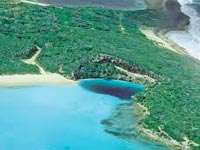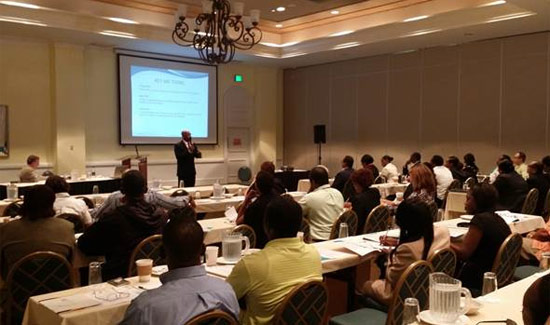
Bad news for the Atlantis Resort and the yet to be constructed Baha Mar development. The Florida Senate on Monday passed legislation that opens the door to a multibillion-dollar expansion of the state’s gambling industry.
The bill would create a state agency to regulate and enforce gambling throughout the State of Florida.
The Florida State Gaming Commission would be initially be responsible for awarding three casino gambling licenses in south Florida’s Miami-Dade and Broward counties. Each of the developers would be required to invest at least two billion dollars into their Las Vegas-styled casino/hotel resort complexes.
Florida’s current State laws allows only so-called pari-mutuels operated by the Seminole Indian tribe and selected jai alai courts and racetracks.
The Florida Senate Regulated Industries Committee approved the bill by 7-3 in Monday’s vote, after an amendment was added that would allow voters to hold local referendums on whether to expand gambling in their individual counties.
Another amendment gives the Indian casinos the right to operate full-fledged casino games at the same tax rates levied against the larger resort casinos.
Big Las Vegas gaming companies aren’t the only ones interested in building casinos in Florida. Malaysia-based Genting Berhad, which controls casino resorts in Malaysia and Singapore, has already purchased a 14-acre piece of waterfront property in downtown Miami that currently houses the Miami Herald newspaper.
The company has promised tens of thousands of new jobs if restrictions on gambling are loosened.
Anti-gambling opponents include the Florida Chamber of Commerce and Disney World, who feel that gambling would tarnish Florida’s “family-friendly” image.
Mega-casino resorts in Florida would be direct competition for Bahamian hotels and resorts like Atlantis and Baha Mar.
Just last year, George Markantonis, managing director for Kerzner International Bahamas, expressed concern about the situation. He said high-end resorts in Florida wouldn’t be a problem just for Atlantis and Baha Mar, but would negatively affect the entire Bahamas tourism industry.



